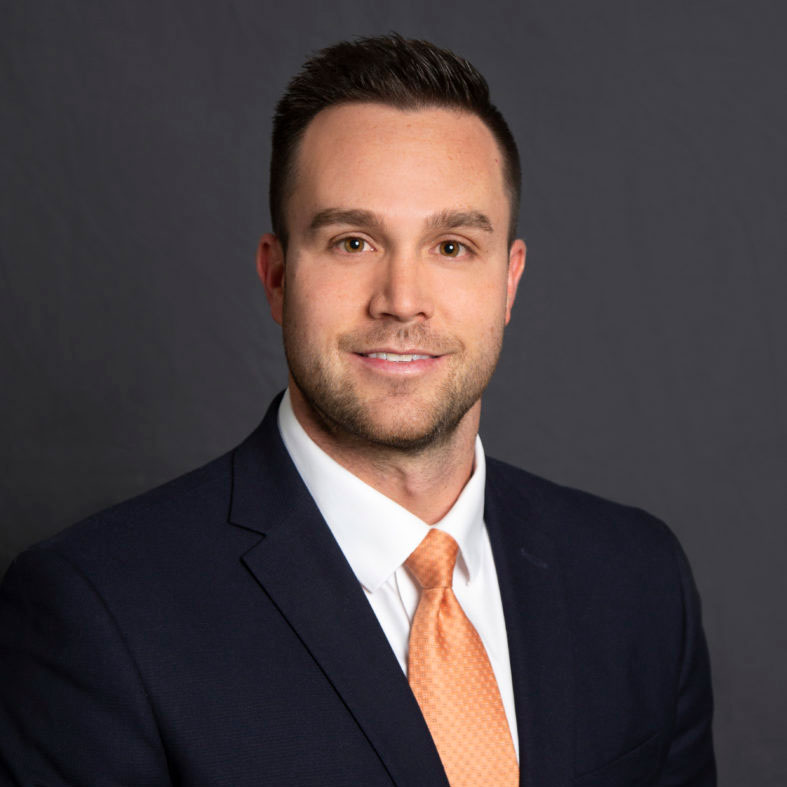It’s been a rough few months for three Idaho public charter schools.
Two are shutting down after state leaders say they over-collected millions of state tax dollars. The other faces closure after a company its board chair and head administrator co-own cashed in on at least $500,000 from the school.
All of the schools broke the rules, state leaders say. But the first two closed down on their own, without any say from a state commission empowered to revoke charters. The other’s fate now rests with that commission.
Why the difference? The answer lies in how Idaho oversees its public charters.
But let’s cover some basics about charter schools first, including what they are and how they operate.
Idaho charters are public schools of choice that, like their traditional counterparts, survive on state funds. They’re not private because they’re funded through tax dollars. They typically emphasize certain academic areas or unique learning approaches.
Parents, educators or both can start a charter, but state law requires them to get approval from a recognized state authorizer. That’s one reason the Idaho Public Charter School Commission exists. Since its inception in 2004, the seven-member panel has authorized the bulk of Idaho’s charters, at breakneck pace. The commission approved all eight charter applications it received in 2017-2018, when the national average was 35%.
Individual school districts have authorized the rest of Idaho’s charters over the years, including Magic Valley-based ARTEC and ARTEI, the two closing over inaccurate state reports. The Minidoka County School District authorizes the schools, so the charter commission has no oversight over them or other district-run charters.
Idaho law allows state universities, colleges and private, non-sectarian institutions to be authorizers, though none are.
Today, about 10% of Idaho’s 312,000 public K-12 students attend charters, which launched 25 years ago. The commission now authorizes about three-fourths of the state’s 75 charters.
But authorizing a charter also extends into academics and operations. Idaho law requires all public charters to keep up-to-date performance certificates with their authorizer — something ARTEC and ARTEI didn’t appear to have, one top state charter advocate and expert recently pointed out.
Much of the commission’s work includes trying to hold its schools accountable to their performance certificates, which include a range of academic and operational standards. The commission’s five-member staff keeps tabs on the schools and regularly updates appointed commission members.
Every five years, the commission’s charters undergo a renewal process, which includes recommendations from staff about whether the commission should renew a charter, renew it with “conditions” or not renew it.
Commission staff last week made the rare move of recommending non-renewal for Another Choice Virtual Charter School following discovery of payments to the company owned by its administrator and former board chair, along with a range of lingering problems.
The school’s leaders have until Dec. 15 to either accept the recommendation by agreeing to have the charter revoked or requesting a hearing to contest it before the commission.
The commission can close struggling charters when they come up for renewal, but it doesn’t happen.
Since 2004, the commission has closed just one, though several schools have consistently failed to meet performance expectations and make ends meet financially.
No district has closed a charter over concerns about finances or student achievement.

